Relative Clauses - урок-презентація
Матеріал містить детальний опис правил вживання означальних підрядних речень в англійській мові, а також вправи на закріплення граматичного матеріалу. На основі підручника Choices Upper-Intermediate
Watch the video
As you watch the video, look at the examples of relative clauses. They are in red in the subtitles.
https://learnenglishteens.britishcouncil.org/grammar/intermediate-
What are relative clauses and why do we use them?
• We use relative clauses to describe or give extra information about something we have already mentioned.
• We often use relative pronouns (who, where, that, which, whose) to introduce relative clauses.
The Uros people make fires. Their fires are used for cooking. 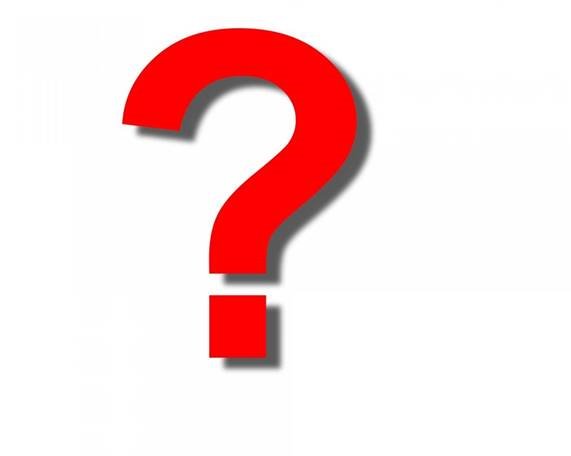
 |
The Uros people make fires, which they use for cooking.
So there the relative pronoun is 'which' and it refers back to 'the fires' and 'which they use for cooking' is the relative clause.
There are two types of Relative Clauses
The people who live here have had the same kind of lifestyle for hundreds of years.
If I said 'The people have had the same kind of lifestyle for hundreds of years', you wouldn’t know which people I was talking about.
There are no commas before and after the clause.
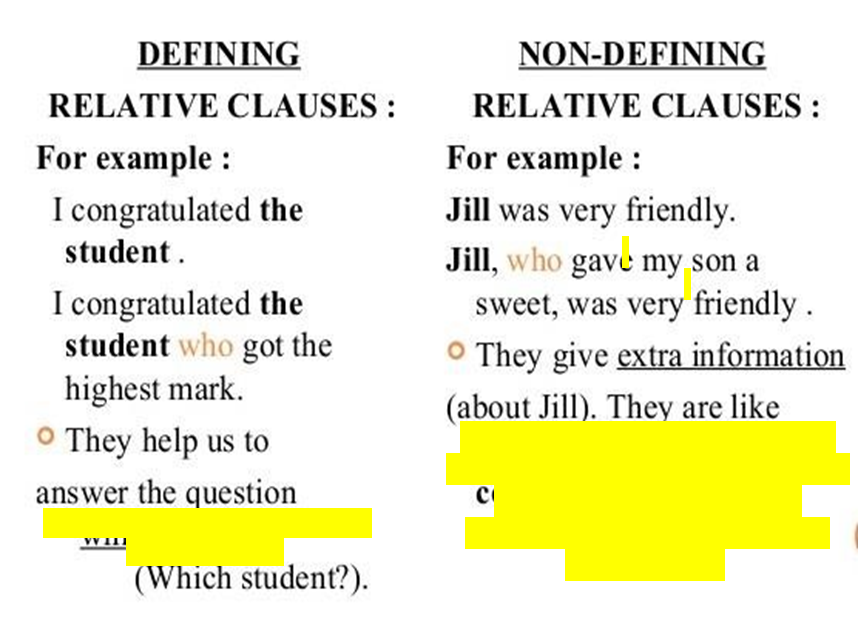 That grey thing, which you can see on the roof there, isn’t very traditional. We use them to give extra information, which isn’t absolutely necessary.
That grey thing, which you can see on the roof there, isn’t very traditional. We use them to give extra information, which isn’t absolutely necessary.
We use commas to separate them from the rest of the sentence, unless they come at the end of the
sentence, when we use a comma and a full stop.
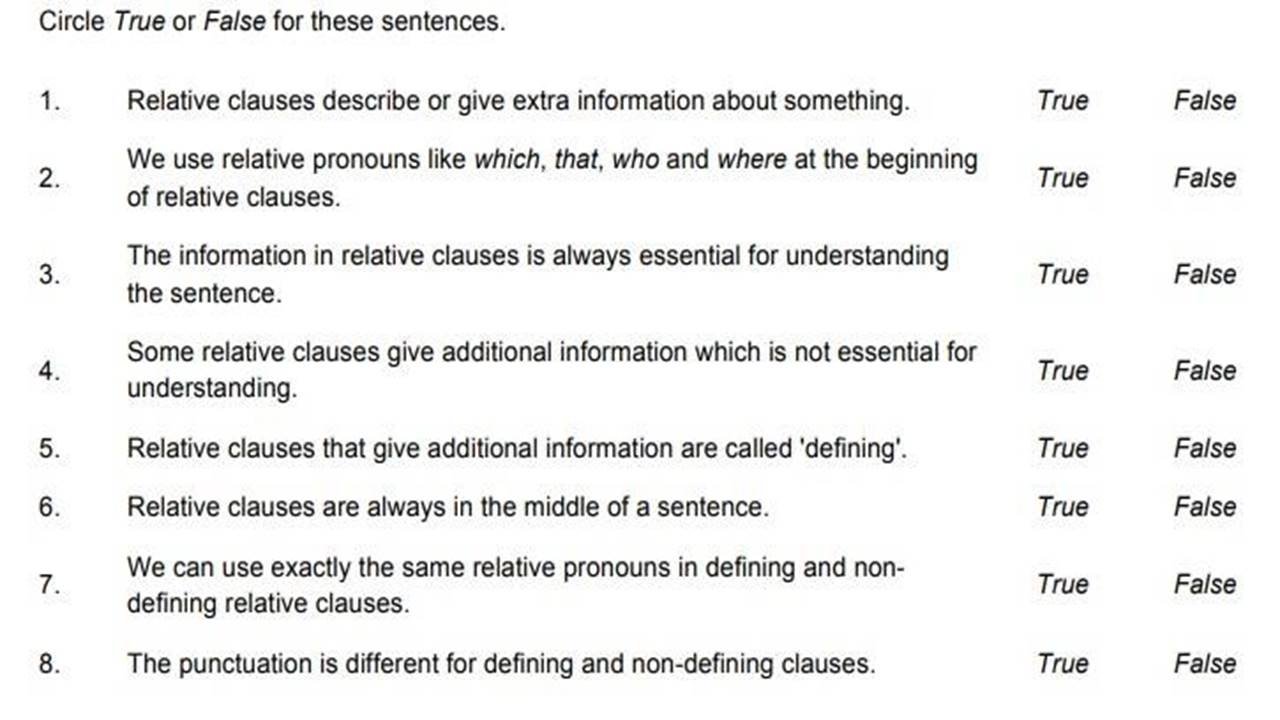
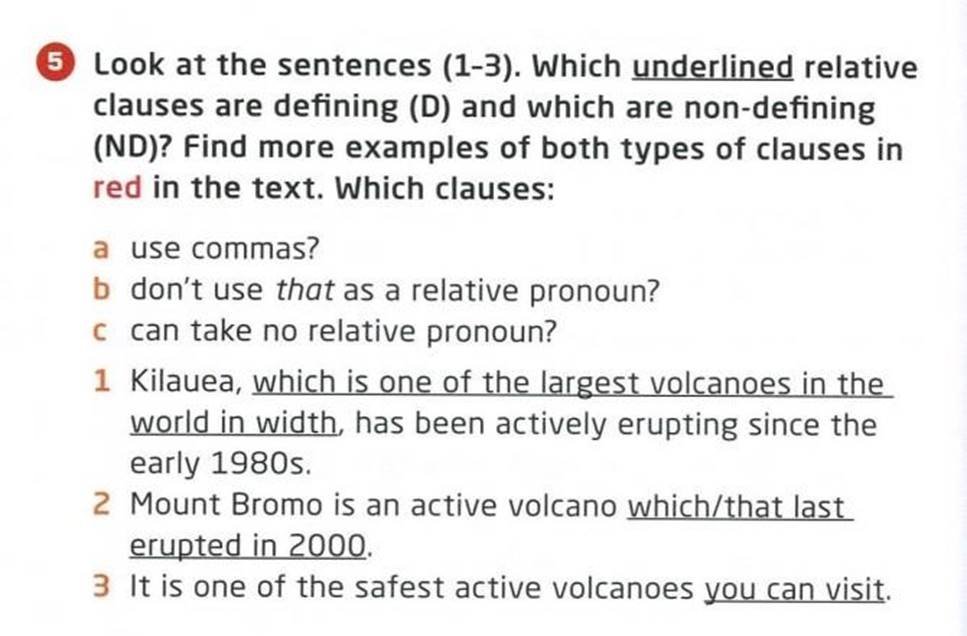 SB ex 5 p 76
SB ex 5 p 76
REMEMBER!!
• In Defining Relative Clauses we can omit the relative pronoun who, which… if the pronoun is not a subject of this sentence
• Compare (from Language Choice 46):
• I like to spend my holidays in a place that tourists don’t go to. (I – a subject, a place – an object)
• There are some villages in Africa where people live like they did a hundred of years ago. (some villages – a subject)
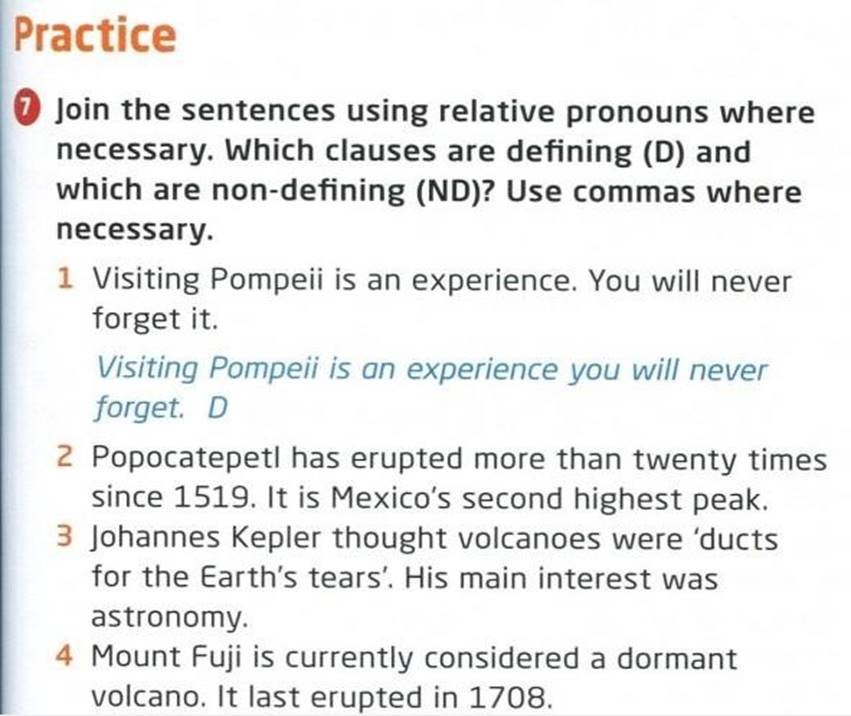 SB ex 7 p 77
SB ex 7 p 77
What type?
 |
What relative pronoun can be used in the sentence?
Can it be omitted?
Punctuation?
Popocatepeti, which is Mexico’s second highest peak, has erupted more than twenty times since 1519.
What type?
What relative pronoun can be used in the sentence?

Can it be omitted?
Punctuation?
J. Kepler, whose main interest was astronomy, thought volcanoes were “ducts for the Earth’s tears”.
What type?

What relative pronoun can be used in the sentence?
Can it be omitted?
Punctuation?
Mount Fuji, which is currently considered dormant, last erupted in 1708.
What type?

What relative pronoun can be used in the sentence?
Can it be omitted?
Punctuation?
There are a lot of travel agencies in Iceland where you can buy trips to Iceland’s volcanoes.
1902 saw the worst eruption of Mount Pelee when over 36000 people were killed.
WB “A-B” p 80 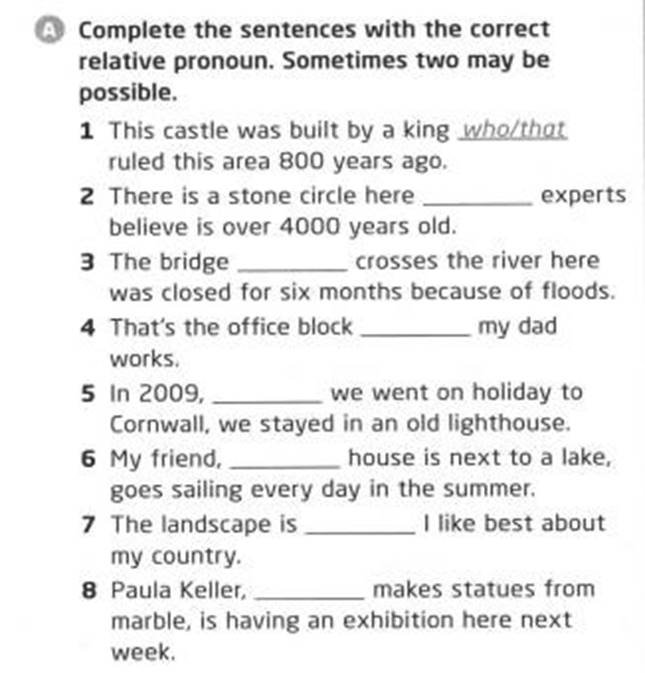
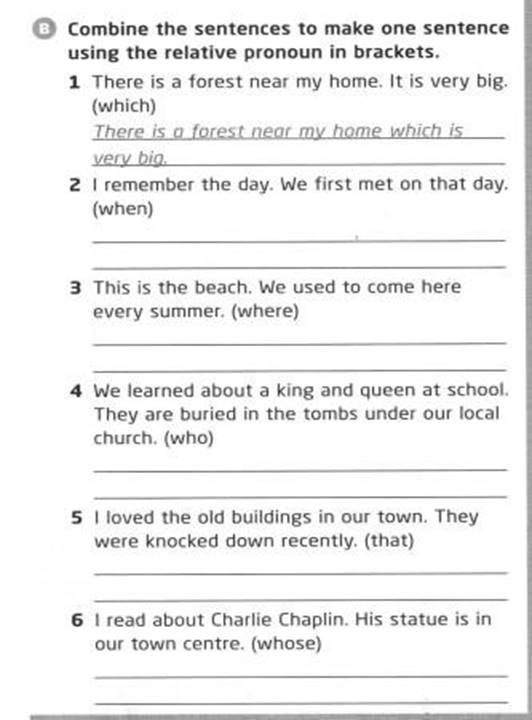 |
HT: study the rule, WB ex 1-2 p 80 (write)



про публікацію авторської розробки
Додати розробку
